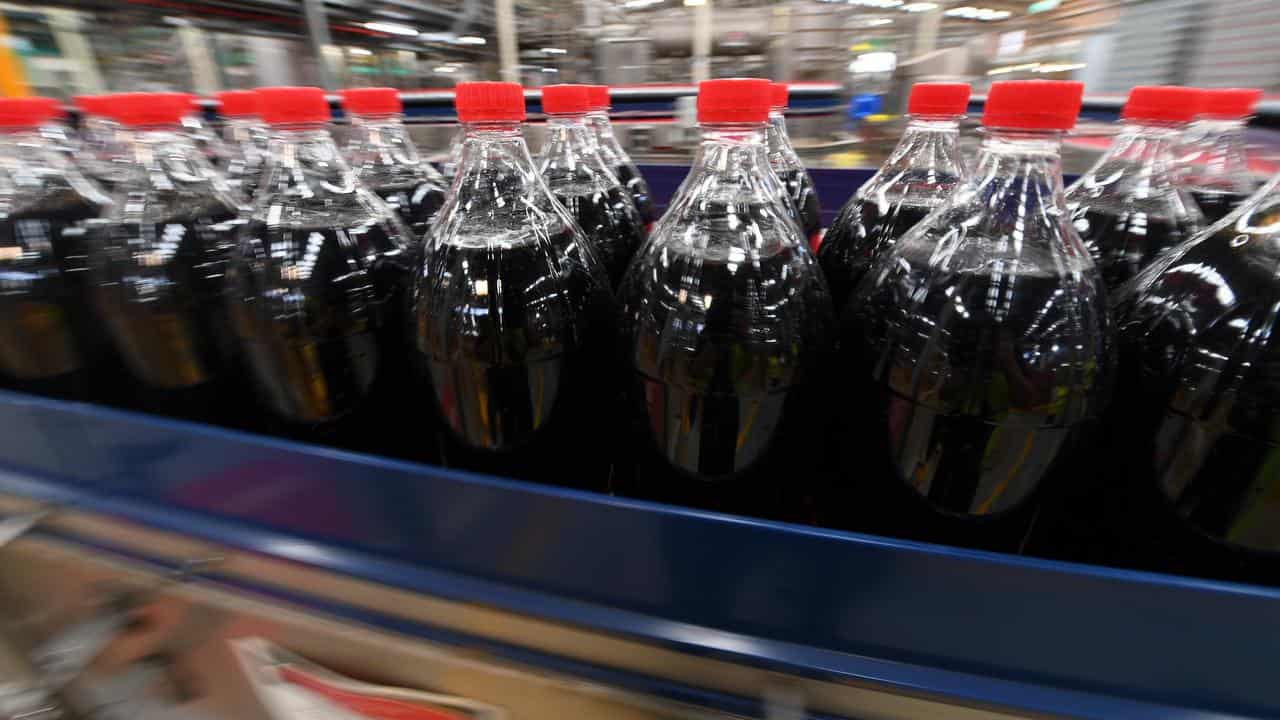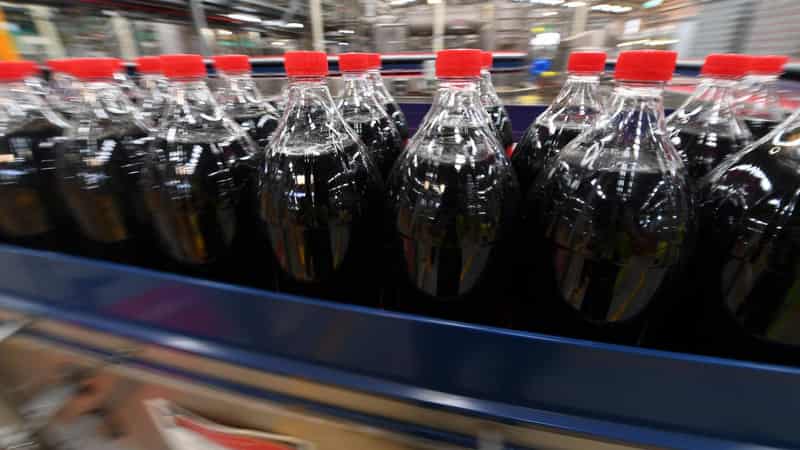
Australia's packaging industry will be forced to clean up its act under mandatory waste-busting regulations that will also deal with harmful chemicals used to contain food.
It's been known for some time that the industry would face regulation, after it failed to meet the voluntary targets to cut landfill by ramping up the recovery and reuse of used packaging.
After meeting on Friday, federal, state and territory environment ministers provided the first details about what that will mean.
Manufacturers will have to comply with new design standards that will limit waste from the get-go.
Some of the new rules will deal with the inclusion of recycled content.
There will also be regulations to address the use of harmful chemicals in food packaging that can include the long-lived PFAS family - toxic substances that don't break down and build up in the food chain and human bodies.
"This is about designing out packaging waste from the start," the ministers said in a joint statement.
"More than 70 per cent of the environmental impacts of an item are locked in at the design stage, before anyone ever purchases a product and well before reuse or disposal is considered."
The Australian Packaging Covenant Organisation recently admitted it would not meet four voluntary targets, including shifting to 100 per cent reusable, recyclable or compostable packaging by 2025.
Jeff Angel from the Boomerang Alliance of community and environment groups has long argued for enforced change after 20 years of industry inaction.
"Mandatory standards for recycled content and targets are essential to create the economic rationale for new recycling and reprocessing plants," he said.
"This first step will need to be followed up by a comprehensive product stewardship scheme where industry is required to fund collection and recycling programs, avoiding the mistakes of the failed REDcycle approach."
WWF said the shift to regulation would help avoid a repeat of the REDcycle debacle - a privately-run scheme that collapsed last year, leaving stockpiled soft plastics in warehouses around the country.
The operators of that scheme said they'd been storing the waste, hoping to ride out a dramatic jump in consumers returning plastic for reuse, and a lack of processing capacity in Australia.
“Keeping this plastic in the economy and out of nature is critical, and packaging rules will help to achieve that. But to really drive change, they should include mandatory reduction and re-use targets as well as design and recycling requirements," WWF waste spokeswoman Kate Noble said.
APCO welcomed the government's intervention, saying many in the industry had made significant improvements in recent years but stronger regulation was needed to deal with "free riders" and accelerate progress.
The Australian Retailers Association said the move would provide more clarity for retailers and assist their transition to sustainability.
"With the profound shifts in environmental challenges and customer expectations, retailers have a strong appetite to reduce waste and embrace more sustainable materials," the association's CEO Paul Zahra said.
Businesses have found it challenging to respond to incremental state-by-state bans and a national approach reduces cost and complexity, he said.
After Friday's meeting the ministers warned the fashion industry would also face regulation if a new voluntary levy failed to slash waste.
A levy of four cents per item will be implemented and "if they don’t take responsibility for their waste by the middle of 2024, Australian governments will regulate, as they are now doing for packaging", the ministers said of the fashion industry.
There was also agreement to develop a national road map to improve harmonisation of kerbside collection, to be considered next year.









